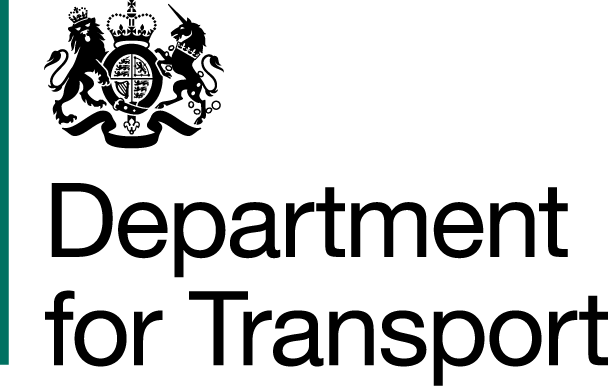Defibrillator Programme
Introduction
We've installed 210 defibrillators at more than 176 railway stations across Wales and Borders in areas where they can be used by everyone.
Well-being goals



Cardiac arrest can happen anywhere, at any time and for every minute that goes by chance of survival falls by 10%. Prompt use of CPR and a defibrillator within the first three minutes of a cardiac arrest can increase the patient's chance of survival up to 70%. Railway stations are the hubs of many communities and are often just a stone's throw from where people are living or working.
It’s important that there is a network of defibrillators available in public places, including at railway stations. We’ve installed 210 defibrillators in stations across the Wales and borders, and all these defibrillators have been registered with the British Heart Foundation’s Circuit Scheme. They are located only in parts of stations accessible to the general public and are available to anyone in need, 24 hours a day.
Ways of working


In addition to installing these lifesaving devices, the Stakeholder and Community Engagement team has partnered with Save a Life Cymru and the Wales Ambulance Service to offer free cardiopulmonary resuscitation (CPR) and defibrillator use training events. We plan to hold more training events at railway stations, schools, colleges, and community groups near stations where defibrillators have been installed.
We were grateful for the support of Cardiff City Football Club who let us film a video with some of their football team, to highlight the importance of these devices and keeping them safe for use.
The installation of defibrillators at railway stations, and the campaign to prevent them being vandalised, clearly demonstrates the contribution of this programme to health and community cohesion. We’re proud to have collaborated with Cardiff City FC to share the message about their importance.
The more public access defibrillators out will increase your chances of survival significantly. Rural train stations are the hubs of some communities, therefore to put life-saving equipment in those stations is vitally important to support the local community.
Carl Powell
Clinical Support Lead for Cardiac Care
Welsh Ambulance Service



